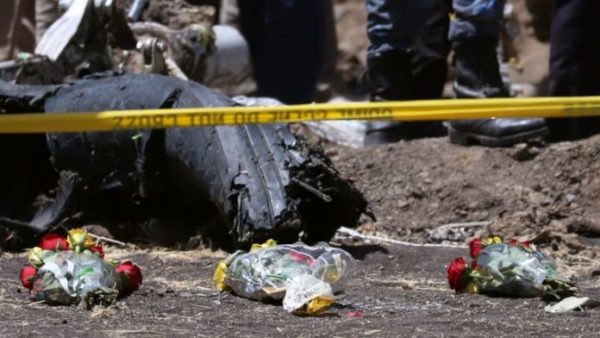Following the crash of Boeing 737 Max of Ethiopian Airlines flight ET302 of March 10, 2019, insurers Chubb Limited, world leader, and its broker Wilis Tower Watson, which insure the Ethiopian company on the one hand, and, on the other hand, the British Global Aerospace (which insures Boeing, via broker March) have their eyes and ears fixed on the initial findings of joint investigations conducted by Ethiopians and Americans.
This is the second such aircraft crash, Boeing’s flagship, which saw its stock unscrew by about 6%, on March 13, at the close of the New York Stock Exchange following a series of ban on B 737 Max in several countries, including Great Britain, Australia, France, Germany and, among others, Malaysia. At the time of the accident, some 350 aircraft were operational worldwide. If the American aircraft manufacturer plays its future, insurers, they see open a long battle of expertise and counter-expertise.
The first claims for the benefit of families and rights of the 157 passengers (including 8 Americans) who died in the crash will be paid by the companies that insure Ethiopians according to the Warsaw and Montreal conventions. Payments will be greater if families file lawsuits against Boeing or the Ethiopian airline in US federal court.
Note that the insured value of the device is 50 to 60 million dollars. In the USA, the average payment in the event of an air disaster is 2 to 3 million dollars per person against 200 000 dollars in Ethiopia.
As a reminder, within the Inter-African Conference of Insurance Markets (CIMA, 14 countries), the special risks involving aviation are now the only ones that the legislator agrees to leave 100% to foreign reinsurers (regulation CIMA n ° 5/2016 of April 8, 2016).



